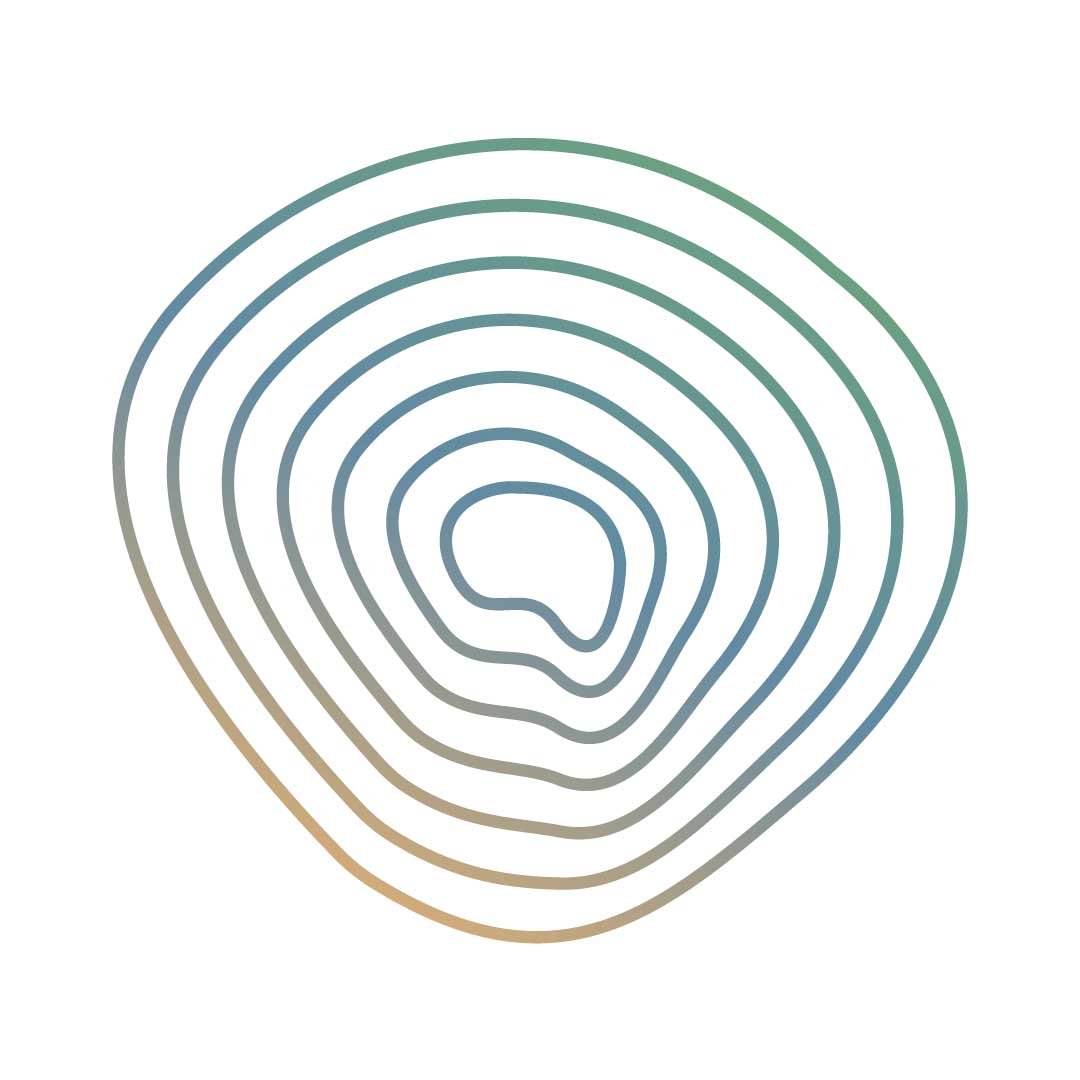Settling Down
Secure work. A spouse. A house. Children. A vibrant social life.
Mainly, we work to acquire these things not because of our genuine interest in them but because they are seen by our hindbrains as a way to cure our fundamental anxiety of not really knowing what is going on here.
We want to settle down to feel secure. Or, more to the point, we want to feel secure. We want to feel secure because our nervous system detects danger in the face of so many unknowns and unknowables.
If we are engrossed in the material life, yes, definitely, we should pursue external security. Start a career. Get married. Have a family. Live happily ever after.
If we are engrossed in the spiritual life, then we have figured out that anything external, from which we derive a sense of security, is flawed in the sense that it is not sustainable. If the source of our security is external, then it is subject to birth-life-death. What happens when we (inevitably) lose our job? Our spouse? Our children? Or, when any circumstance comes along and threatens those things we derive our security from?
What we — i.e., all of us — really want to achieve is sustainable security. The kind that doesn't ever go away. The kind that can't be challenged. The kind that just is. Eventually, we all will pursue it—but not at the same time.
This kind of security comes from within. It has to be realised. To realise security from within means to know that I am OK and that I will always be provided for.
With this kind of realisation or developed sense of trust, we move away from our personal sense of self and expand outside of the limited confines of the "I," which constantly feels a need to work and do something to feel OK.
In spirituality, the last thing we want to do is settle down. In fact, you want to live right on the razor's edge, where you constantly face total annihilation and loss. It is in this "tightrope" environment where we learn to develop trust and where we can understand that we are never truly alone.
